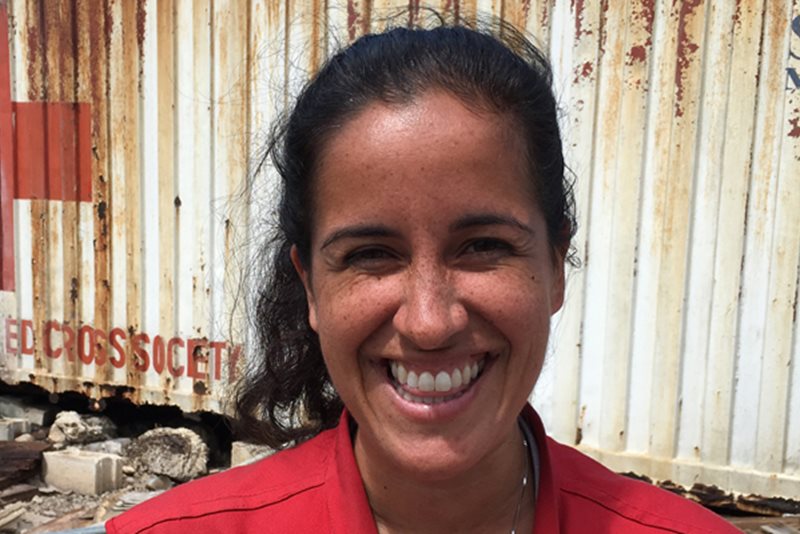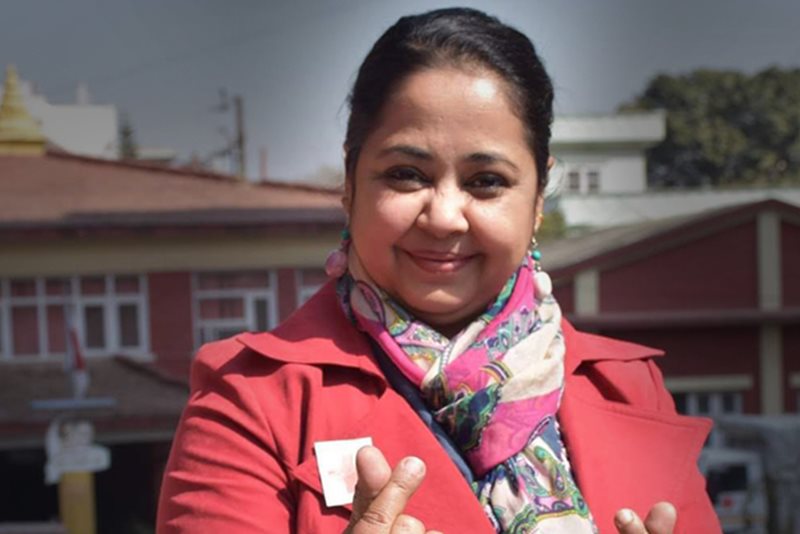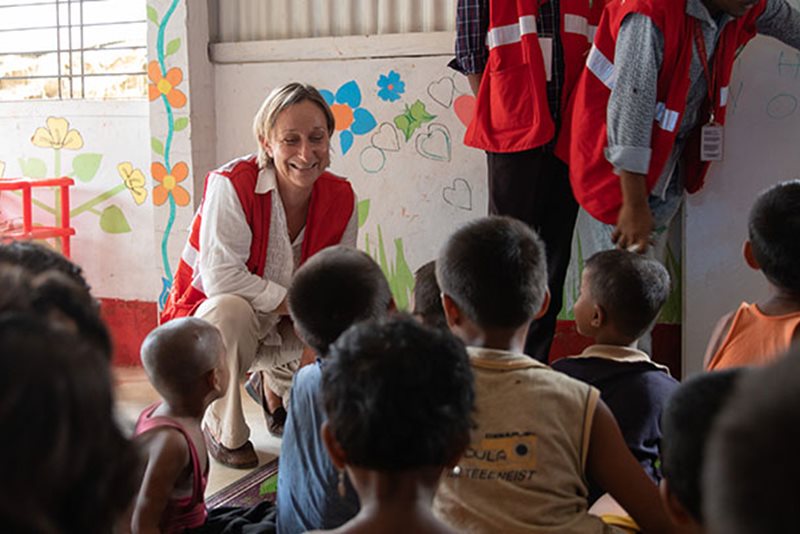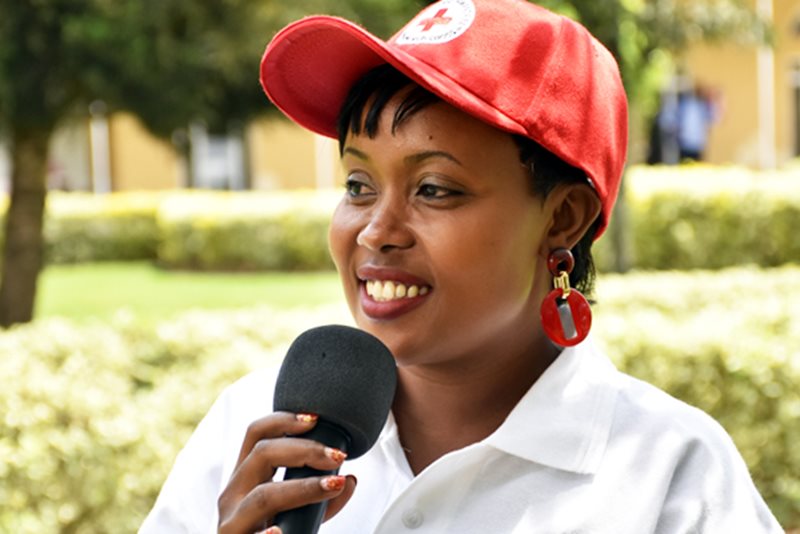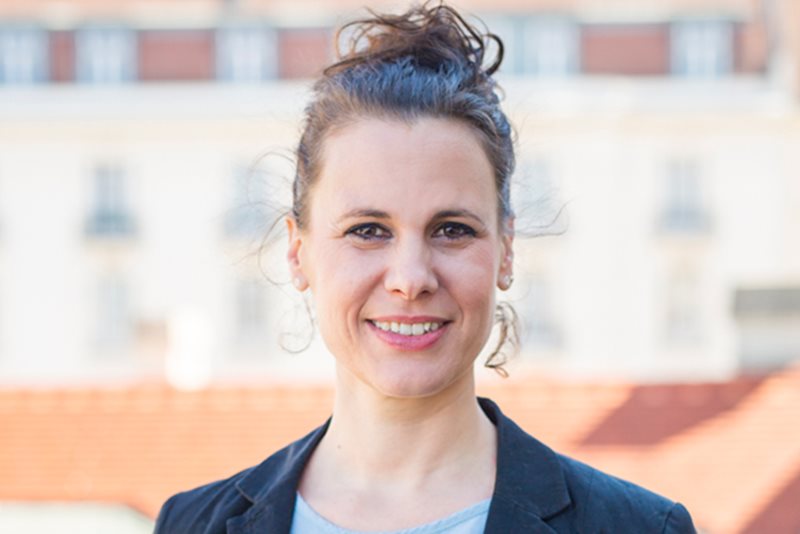During “Caribbean Zika virus disease and prevention project: Epidemic control training”, I got information about the disease, treatment options and the vector it utilizes aided in a successful community outreach. On the workshop “Caribbean Zika virus disease and prevention project: Community Engagement and Accountability” we canvased our community to identify high risk areas. We made maps and charts to later work on ways of reducing the prevalence of stagnant water and waste build up that could be potential breeding ground for mosquitoes.
As the IFRC Youth Delegate, I attended the General Assembly in Geneva on 19-21 June 2022. The climate and environmental crisis were key references at the General Assembly. Several concerns were raised by National Society members relating to their financial sustainability, development, and relationships with the country’s government. The exposure from this General Assembly helped me to better understand the necessity of the RCRC movement in each country and the importance of having an auxiliary role status.
During the project “Caribbean Youth Network Launch”, I worked with Youth Delegates of Suriname and Saint Kitts and Nevis Red Cross, and we were able to conduct an election to appoint a Coordinator of the Caribbean Youth Network. We meet regularly to discuss the status of different youth programs in the Caribbean and to plan the way forward. Being a part of the re-establishment of the Caribbean Youth Network made me confident in the fact that my volunteerism is making a difference.
The Red Cross has given me greater appreciation for humanitarianism. Helping those in need, being a part of the first aid team helping injured athletes, caring for bystanders, and sharing knowledge to make someone’s life just a little better gives me a great sense of purpose. I would encourage anyone, especially young men, and women to be a part of this organization to develop love for humanity.
I have learned that women need each other as allies in any community, we look out for each other and give each other strength to preserve. Being a humanitarian, I have encountered vulnerable women who need someone who can relate to their needs as women.
– Paulette Mitchell, Grenada“Young women need role models to look up to for inspiration, to show them that they can achieve great things.”
Representation in the humanitarian field matters, and we can provide a safe space for our girls and young women.
I think that the main challenges women face in taking leadership positions is that women are seen in a supportive role too often. We are conditioned to think that we are not capable of being leaders, but we are relegated as support to men who get things done. I think this narrative needs to change. Women need to be seen as capable and competent. I believe that men in leadership positions are hesitant to mentor female colleagues.
We can advocate for change in the work we do by using our platforms to be inclusive and non-discriminatory. I dream of a world where men and women have equal opportunities without fear or favor where it is fair and favorable.

Companies where 8 out of every 20 managers are female, generate about 34% of their revenues from innovative products and services. In companies where only 1 out of every 20 managers is female, this is only 25%.




